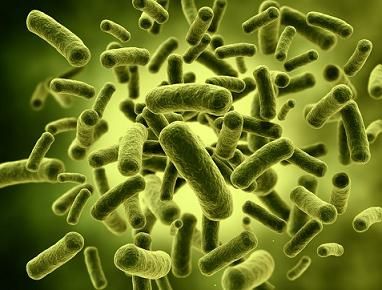 Probiotics are named after the types of good bacteria they’re part of, plus the subspecies (for example, Lactobacillus ruteri) and are commonly abbreviated (L. ruteri).
Probiotics are named after the types of good bacteria they’re part of, plus the subspecies (for example, Lactobacillus ruteri) and are commonly abbreviated (L. ruteri).
With regards to probiotic foods, most people think only of yogurt. However, many societies throughout the world have recognized the health benefits of other cultured foods that are rich in probiotics. Many interesting and tasty options abound. Kefir is a drink produced from fermented milk and grains and can be found in health-food stores and some grocery stores. Japanese consume miso and tempeh, both of which include fermented soybeans and are easily available in North America. Other examples include a food ingested by the Koreans generally known as kimchi (a spicy vegetable dish), German sauerkraut, and Southeast Asian fermented fish sauces and pastes, common in Thai foods. Pretty much every cuisine includes, some kind of probiotic-rich food.
Your digestive system is home to greater than 500 types of bacteria. In fact, each of us has within us about 10 times more bacteria than we have human cells, with the bacteria comprising several pounds of our weight. Our relationship with them is symbiotic: They feed on some of the nutrients we consume, and consequently, they help keep us healthy-as long as we give them some TLC.
The majority of the bacteria in our digestive system are living in harmony with each other, despite the fact that their “neighborhood” is crowded and diverse. But our own poor eating habits, drinking chlorinated water, exposure to mercury from dental fillings and fish, stress, and some medications (particularly antibiotics) can disrupt this bacterial neighborhood, causing a microbial imbalance called dysbiosis. Consequences might include flatulence, diarrhea, reduced immunity, hormone imbalances, eczema, vaginal infections, allergies and perhaps an increased cancer risk.
Ingesting just one or two types of probiotics can improve your gut’s entire bacterial environment, and taking even more can yield even better health benefits. Different probiotics increase the body’s manufacture of various immune compounds (such as immunoglobulin A and M) and release small quantities of chemicals (like lactic acid and hydrogen peroxide) that will not hurt you but will make life uncomfortable for disease-causing germs.